
A freight train departs for Moscow, Russia from Beijing's Mafang Station in suburban Pinggu district, becoming the latest cargo service linking China with Europe via railway. (Photo by Zou Hong/China Daily)
Service opens new 'fast corridor' for intl trade enterprises in capital
The very first freight train from Beijing destined for Europe set off on Thursday, marking the latest milestone for the Chinese capital in its participation in the Belt and Road Initiative, according to a senior local official.
Departing Mafang Station in Pinggu district, the freight train loaded with 55 containers will travel north and exit the country via the land port of Manzhouli in the Inner Mongolia autonomous region before arriving in Moscow, Russia, 18 days later.
The cargo of auto parts, construction materials, home appliances, clothes and household goods, will travel around 9,000 kilometers, according to the Pinggu district government on Thursday.
"The train opens a new international fast freight corridor linking China with Europe, adding to Beijing's foreign trade transport network," said Yin Hang, deputy secretary-general of the Beijing city government.
Located in the northeastern suburbs of Beijing, Pinggu district functions as a "comprehensive logistics port" for the capital. In recent years, the district has attracted a growing number of domestic and foreign logistics enterprises.
Di Tao, head of the district government, said on Thursday before the train set off that Pinggu will increase the two-way transportation capacity of the train based on the huge consumption demand of the capital, and promised to expand routes to better serve Beijing, Tianjin and Hebei province.
"We will continue to strengthen the construction of railway stations and other facilities, to build the land port into a national logistics hub and integrate it into the national modern logistics system," he said.
Mafang Station has become the starting point for Beijing's integration into the Belt and Road Initiative, according to the district.
The first train carried goods from Taitong International Transportation Co, whose main business is international multimodal transport and logistics operations management.
Chu Yixiao, general manager of the company, applauded the route and said the train has provided more development opportunities by delivering goods from Beijing to Europe directly, cutting transport costs and raising efficiency.
According to China State Railway Group, the national railway operator, cross-border freight trains linking China and Europe connect 108 Chinese cities and 208 cities in 25 European countries. Since operations began in 2011, the service has run 65,000 China-Europe trains and transported 6.04 million containers.
The freight trains have contributed a lot to the economic and trade cooperation and cultural exchanges for countries along the routes. Earlier this month, a China-Europe train carrying 100 containers of China-made commodities and ceramic products left Yiwu, a major small commodities hub in East China's Zhejiang province, for Madrid, Spain.
On the same day, a train loaded with 70 containers of Spanish goods, including red wine and olive oil, departed Madrid and headed for Yiwu.









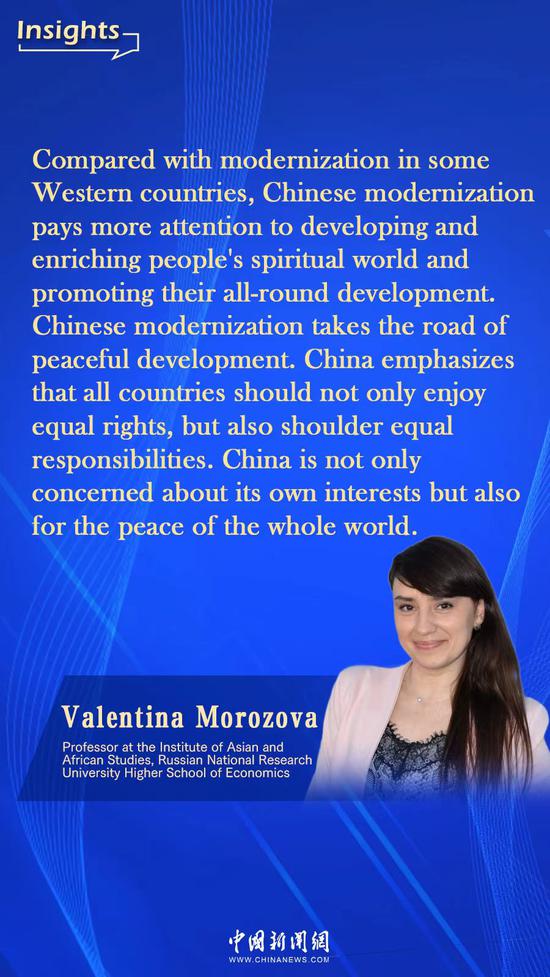







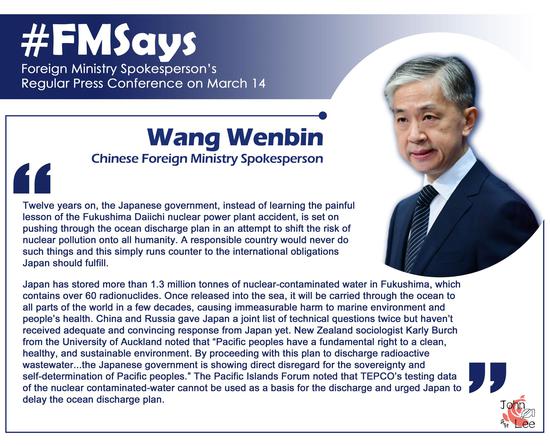
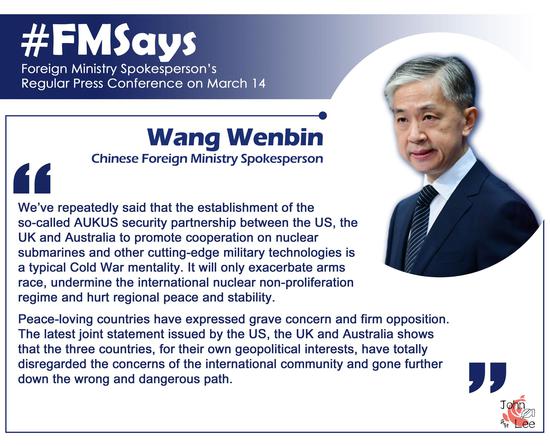







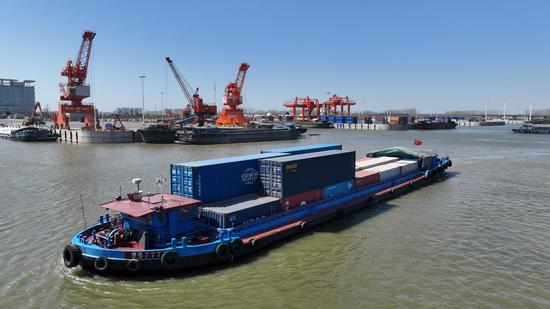
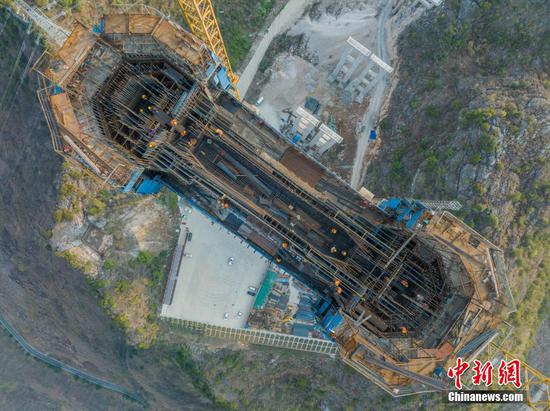






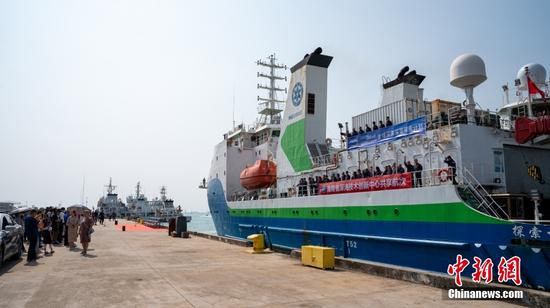
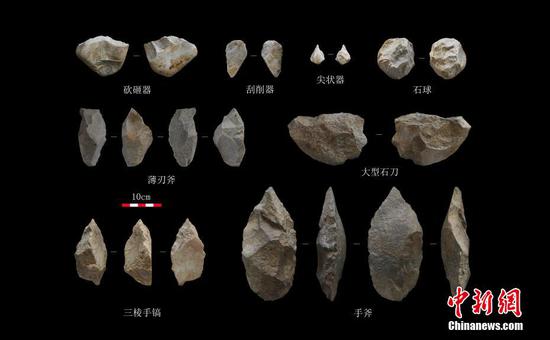














 京公网安备 11010202009201号
京公网安备 11010202009201号